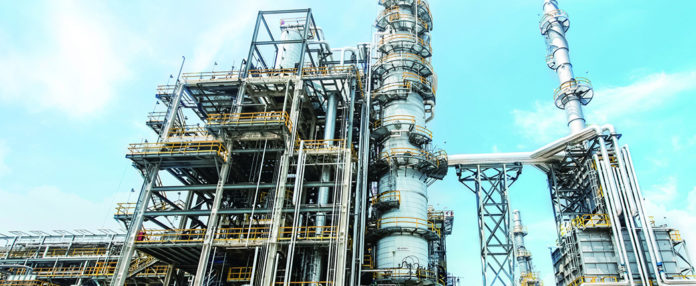
HD Hyundai Shell Base Oil, a joint venture between HD Hyundai Oilbank and Shell, announced it will expand its Daesan refinery to include an API Group III base oil unit, with commercial production targeted for 2027.
As of early 2025, the Daesan plant was operating at approximately 90% of its 25,000 barrels-per-day capacity, up from 30%–40% in late 2024. The increase in utilization suggests firm demand and operational readiness ahead of the Group III rollout.
However, Group III base oil prices in Europe have come under pressure, with 4 cSt and 6 cSt grades declining by roughly 16% and 13%, respectively, reported Argus Media. The price drop is attributed to excess supply from Chinese, South Korean and Middle Eastern producers redirecting product to the European market.
No capital expenditure figure has been disclosed for the current Group III expansion. The final investment decision is still pending and is expected to depend on return projections.
Given the technical complexity of Group III hydrocracking and associated infrastructure, total costs are likely to exceed previous investments, although no estimates have been confirmed.
Additional capacity is also scheduled to come online, including Shell’s conversion of its Wesseling facility in Germany into a 300,000 t/y Group III plant by 2026–28 and Luberef’s 76% capacity increase at its Yanbu site in Saudi Arabia.
There are a few non-majors supposedly adding Group III capacity in India and China, an industry veteran with experience of the global lubricants and base oil market told Lube Report.
“To make the supply and demand balance more complex, Group III in the United States and Europe are forecast to decline from now but grow will grow everywhere else,” Jan Trocki said. “As far as Shell is concerned, the question is whether it’s for its own use or for the merchant market. The economics are maybe different depending how they set internal transfers.”
Despite near-term pricing pressure, demand for higher-performance base oils continues to grow, supported by tighter emissions standards and increased use in electric vehicles and industrial applications.
In 2018, the company added 250,000 t/y of Group II capacity at Daesan for around U.S.$35.5 million, expanding total output to around 1.25 million t/y.